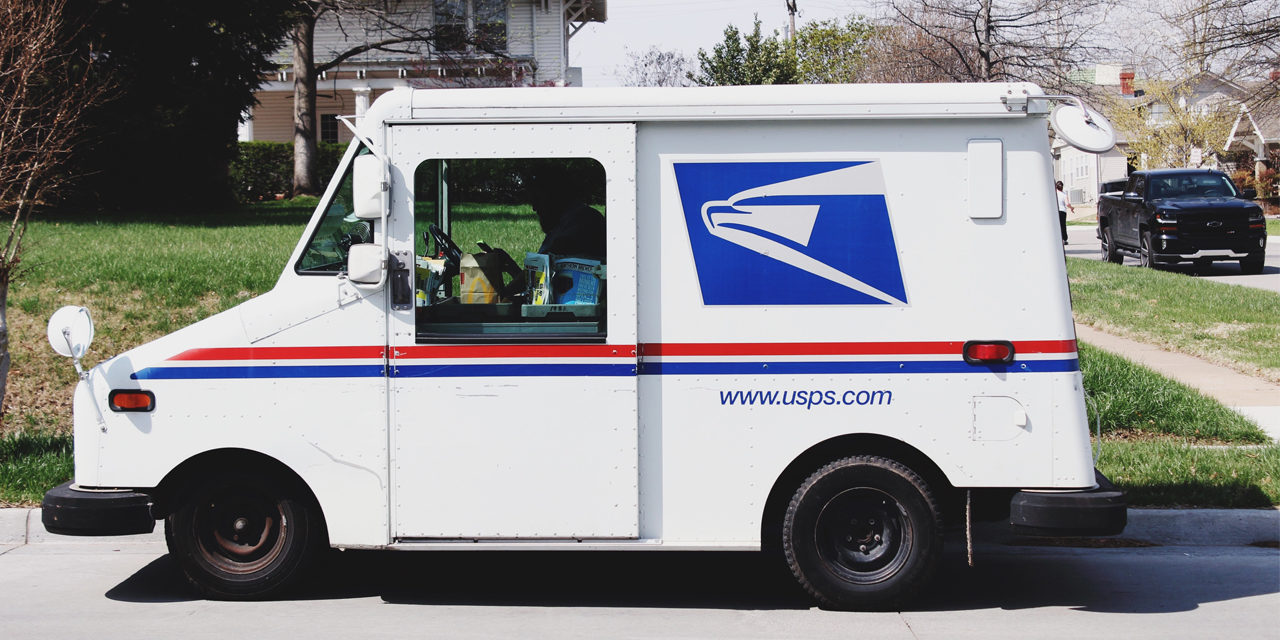Due to concerns over the coronavirus, and how in-person voting may adversely affect the public health, many states are now considering moving to a vote-by-mail system for the November general election and beyond. This has raised fresh concerns over election security, and how an all vote-by-mail system may be disposed to fraud and abuse.
Vote.org, a nonprofit organization dedicated to helping Americans vote, notes that five states already hold elections by mail-in-ballots. Additionally, 28 states and the District of Columbia offer absentee voting available upon request for any reason, and the last 17 states provide absentee voting, provided the voter has a legitimate reason.
Each state provides for absentee voting for citizens who would be unable to vote in person on election day, due to age or travel.
Historically, Americans who are unable to vote on Election Day are provided a way to participate through absentee mail-in ballots, in addition to early voting. However, there are a growing number of voices who are expressing concerns that switching every state to a vote-by-mail system could easily allow for rampant fraud.
According to The Washington Examiner, more than 16 million vote-by-mail ballots went missing between the 2016 and 2018 elections. “In the 2018 election, about 42.4 million ballots were mailed to registered voters. Of those mailed, more than 1 million were undeliverable, more than 430,000 were rejected, and nearly 10.5 million went missing.
J. Christian Adams, president of the Public Interest Legal Foundation, told the Examiner, “Putting the election in the hands of the United States Postal Service would be a catastrophe.”
In an interview on The Daily Signal Podcast, Hans von Spakovsky, The Heritage Foundation’s senior legal fellow in the Edwin Meese III Center for Legal and Judicial Studies, explained why voting-by-mail is easily abused and ripe for fraud.
“We have lots of cases involving absentee ballot fraud in our database at The Heritage Foundation. We have a great database. It now has almost 1,300 proven cases of voter fraud,” von Spakovsky said.
Indeed, The Heritage Foundation’s voter fraud database shows nearly 1,300 cases of voter fraud, which has lead to over 1,100 criminal convictions. Many of these individual cases of fraud involve the submission of multiple fraudulent ballots.
On April 8, President Donald Trump voiced concerns he has over the potential for abuse in a vote-by-mail system. “Republicans should fight very hard when it comes to statewide mail-in voting,” the President tweeted. “Democrats are clamoring for it. Tremendous potential for voter fraud, and for whatever reason, doesn’t work out well for Republicans.”
Speaker Nancy Pelosi, D-Calif., disagreed, telling reporters last week, “We have a different value system about what voting means to a democracy. Clearly, we want to remove all obstacles to participation.”
Over the course of the last few months, the coronavirus global pandemic has upended lives and countless deeply held traditions. Will voting methods be next? And if so, how will officials ensure the integrity of the election process? Only time will tell.
To learn more about voting and how to register to vote, visit The Daily Citizen’s Election 2020 webpage.
You can follow this author on Twitter @MettlerZachary






